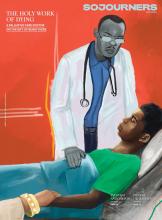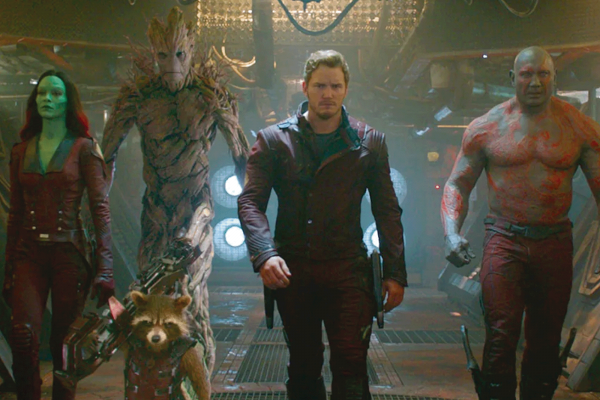IN THE CLOSING scenes of Marvel’s original Guardians of the Galaxy, we find our heroes in a tight spot. The group — escaped science experiment Rocket Racoon, giant sentient tree Groot, assassin Gamora, ex-convict Drax, and mercenary Peter Quill — have been grudgingly working together to protect a powerful artifact from falling into the wrong hands. Because they’ve each been pursuing their own agendas instead of working together, they are close to failure. It’s up to Quill (Chris Pratt), to convince them to start working as a team.
“I look around at us, and you know what I see?” he asks them. “Losers.” Noting their incredulous faces, Quill qualifies, “I mean, like, folks who have lost stuff.” He’s right; each of these tentative allies have experienced loss, trauma, and unresolved grief that taught them not to trust others.
Read the Full Article

